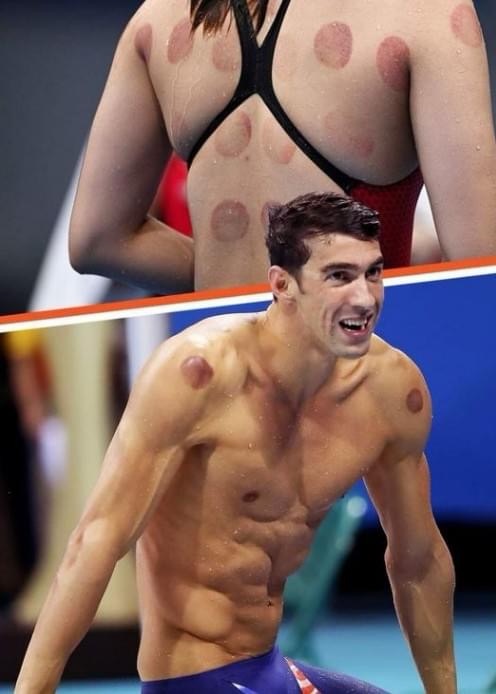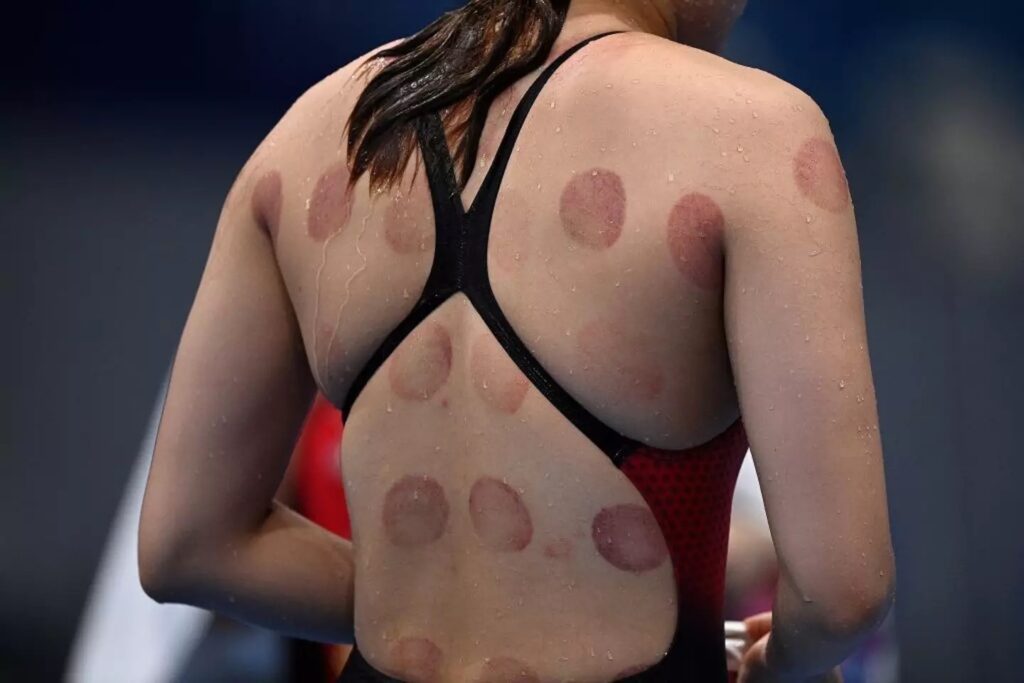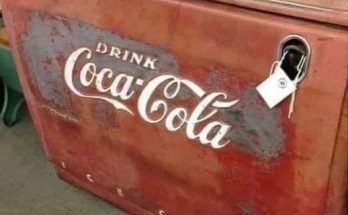During this year’s Olympics, viewers may have noticed something unusual about some of the athletes, especially the swimmers. Many of them had large, dark red circles on their bodies, which might have looked a bit alarming or even made you think they had been in some kind of accident. However, these marks aren’t from any injury or fight; they’re actually the result of an ancient healing technique called cupping therapy.
Cupping therapy involves placing special cups on the skin, usually on the back, to create suction. This suction is believed to increase blood flow to the area and help with muscle recovery. The method works similarly to a deep tissue massage by loosening muscles and relieving tension. Cupping has been around for a long time and is used by many athletes to help them recover faster after intense physical activity.

Cupping became widely noticed during the 2016 Rio Olympics when some athletes, including gymnast Alexander Naddour, were seen with these same circular marks on their bodies. Naddour, in particular, mentioned that cupping was a “secret” to his good health and that it was more effective for him than anything else he had tried. He believed that the therapy significantly helped with his muscle recovery and overall well-being.
Basketball player Kyle Singler has also spoken positively about cupping therapy. He explained that while the bruises left by the cups might look severe, they don’t actually hurt that much. Instead, the real benefit comes over time as the therapy helps with loosening up the muscles and improving recovery.

But the big question is: does cupping therapy actually work? According to some experts, like those at Harvard Health, the evidence is mixed. Some studies suggest that cupping might offer some relief for muscle pain and sports-related conditions, but the quality of this evidence isn’t very strong. For example, a review in 2022 found that wet cupping, a specific type of the therapy, could be effective for lower back pain.
Even though there’s some debate about how well cupping really works, most experts agree that it’s generally safe. The main side effect is the circular bruising, which can last for several days or even weeks. However, serious problems from cupping are rare, though there have been occasional reports of skin infections.

So, while those dark red circles on the bodies of Olympic athletes might look a bit strange, they’re actually a sign of a widely-used, and mostly safe, recovery technique. Whether or not it works perfectly is still up for debate, but many athletes believe it helps them perform at their best.



